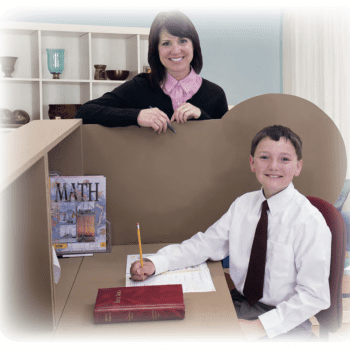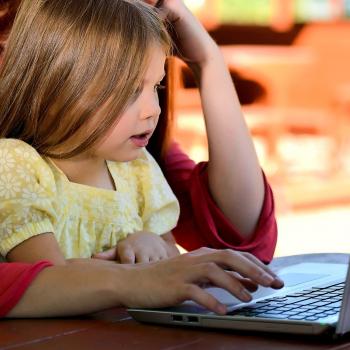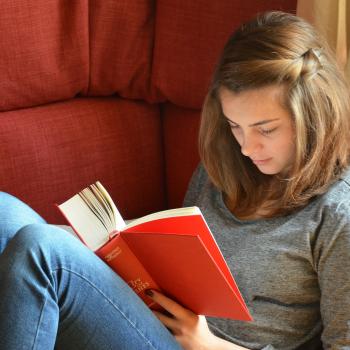Did you all hear about the mass shooting that left three police officers dead in Canada on Wednesday? They finally have the suspect, Justin Bourque, in custody.
A gun-toting man suspected in the shooting deaths of three Royal Canadian Mounted Police and the wounding of two others in a rare case of gun violence in eastern Canada was arrested early Friday, police said.
Paul Greene, a spokesman with the RCMP, said Justin Bourque was arrested at around 12.30am.
The 24-year-old Bourque had been wanted after the shooting Wednesday evening in the northwest area of the city.
Royal Canadian Mounted Police combed the streets and woods of the normally tranquil city of Moncton Thursday in search of a gun-toting man suspected of killing three officers in the deadliest attack on their ranks in nearly a decade.
Have you heard about yesterday’s mass shooting at Seattle Pacific University? The media is reporting one dead, several injured.
A lone gunman armed with a shotgun opened fire Thursday in a building at Seattle Pacific University, wounding multiple people before a student subdued him with pepper spray as he tried to reload, police said.
The 26-year-old gunman, Aaron Ybarra, was obsessed with the Columbine High School shootings and had even traveled to the Colorado site where two student gunmen killed 15 and injured another 21 fellow students in April 1999, police sources told KIRO 7.
Ybarra was not a student at SPU where the shootings happened about 3:25 p.m. Thursday. In a statement Thursday night, police said they had “not found any connection between the suspect, Seattle Pacific University or any of the victims.”
You may be wondering why I’m writing about mass shootings. It’s definitely not my normal subject matter. But I do have a reason. Justin Bourque and Aaron Ybarra, you see, had something in common—both were homeschooled (you can read verification that Bourque was homeschooled here, but will have to wait on verification regarding Ybarra, as I have the information who knew him growing up).
Oh yes, I know, lots of kids who go to public school pull off mass shootings too. I get it. But I’m sitting here, as a homeschool alumna, remembering everything I was told about homeschooling growing up, and suddenly it seems very hollow. I was told that homeschoolers grow up to become model citizens, that public schools produce violent criminals but homeschools do not. Public schools produce mass shooters, after all, but who has ever heard of a homeschooler pulling off a mass shooting? Or so I was told.
I was told wrong.
Homeschooling is not a magic formula for producing upstanding adults. Homeschooling is not a safeguard against violence or crime. People are people, and that includes homeschoolers. And now I’m sitting here, feeling kind of sad, and a bit melancholy about it all. I feel a bit of kinship with homeschool alumni across the country, and here two of our own have done the unthinkable within days of each other. It’s sobering. It’s sad.
To quote R. L. Stoller of Homeschool Alumni Reaching Out (HARO),
The problem of violence plagues almost every corner of our society: public schools, malls, college campuses, movie theaters, and—sadly—even homeschools. Parallel to cases of public school students gone awry are cases of homeschooled students gone awry. These cases are just as heartbreaking and can be just as violent.
In cooperation with Homeschooling’s Invisible Children, Stoller created an entire database of homeschooled students and alumni who turned violent and committed murder. His database includes mass murders and serial killers. But Stoller did not create the database to scapegoat homeschooling or create new stereotypes. No, he created it because he cares, like I do, about past, present, and future homeschoolers. Responding to homeschool advocates’ insistence that the media should avoid labeling homeschooled murderers as homeschooled, Ryan had this to say:
In the aftermath of public school shootings, public school teachers and administrators ought not respond by saying, “Do not call this a ‘school shooting.’ The fact that it happened in a school is irrelevant. ” Rather, teachers and administrators must accept that something went wrong and ask: “Were there warning signs? How did we miss them? How can we prevent this in the future? What steps can we take to increase security, or educate our students, parents, and faculty better about mental health, violent games, and bullying?”
These questions need to be asked just as diligently and earnestly by homeschooling communities, co-op teachers, and parents. We need strong, brave individuals to stand up and speak out about the importance of mental health care, about the impact dehumanizing and stifling ideologies and discipline practices have on children, and the real psychological results isolation can have on a person’s developing psyche.
Yes. Yes. This is what exactly we need.
And with that, I think I’m going to go sip a glass of wine and enjoy the lovely weather we’re having here. The breeze, the leaves, the sun—I need to get my mind off of the news.














